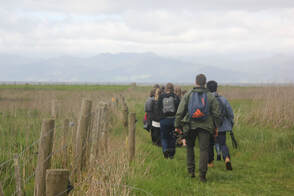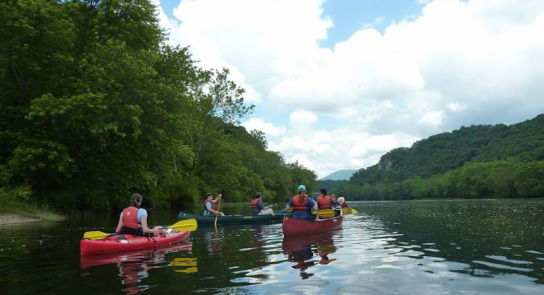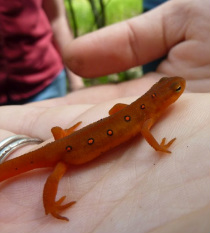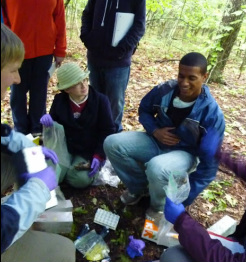CURRENT COURSES
Animal Behaviour - Coordinator & Teacher, 3rd year

University of Auckland course description
This course will provide you with an introduction to major facets of the study of animal behaviour, with special attention to its evolution and ecological significance. In addition to identifying major patterns and processes of animal behaviour, we will discuss observational and experimental techniques used to study behaviour. We will explore major theoretical models directing past and current research in this field. Topics include methods for the observation and quantification of behaviour, natural selection and evolution of behaviour, orientation, circadian rhythms, neural and physiological mechanisms of behaviour, communication, aggression, sexual reproduction, parental investment, mating systems and social behaviour.
This course will provide you with an introduction to major facets of the study of animal behaviour, with special attention to its evolution and ecological significance. In addition to identifying major patterns and processes of animal behaviour, we will discuss observational and experimental techniques used to study behaviour. We will explore major theoretical models directing past and current research in this field. Topics include methods for the observation and quantification of behaviour, natural selection and evolution of behaviour, orientation, circadian rhythms, neural and physiological mechanisms of behaviour, communication, aggression, sexual reproduction, parental investment, mating systems and social behaviour.
Advanced Behavioural Ecology - Coordinator & Teacher, postgraduate
University of Auckland course description
Behavioural ecology is a lively, international and modern discipline exploring the dynamic interplay between evolution, ecology and behaviour.
We aim to develop your professional skills in reading, researching, discussing, presenting and writing about contemporary topics in behavioural ecology. We focus on synthesis and critical analysis of concepts, research methods and publication styles.
All activities are tailored to class interests so they change every year. What will you and your classmates choose?
Behavioural ecology is a lively, international and modern discipline exploring the dynamic interplay between evolution, ecology and behaviour.
We aim to develop your professional skills in reading, researching, discussing, presenting and writing about contemporary topics in behavioural ecology. We focus on synthesis and critical analysis of concepts, research methods and publication styles.
All activities are tailored to class interests so they change every year. What will you and your classmates choose?
Terrestrial Zoology - Ornithology Module, 3rd year

The animals of Aotearoa and Tāmaki Makaurau are iconic. We explore the biology, diversity and whakapapa of our native invertebrate and vertebrate animals. Along with a detailed coverage of biology, we focus on practical techniques for sampling and identifying species. This course involves both fieldwork (with the option to conduct this either on campus, or on an overnight fieldtrip) and labwork and training in using biodiversity data for hypothesis testing and scientific communication.
Vertebrate Zoology - Hormones & Behaviour module, 2nd year
Biological adaptations of animals, including behaviour, morphology, physiology and life history. Topics covered include how animals navigate, physiological adaptations, behavioural ecology, animal reproduction and anti-predator defences.
PAST COURSES
The Field Biology of Sex
University of Virginia course description
Why is sexual reproduction so common in animals? What does it mean to be female/male? Why, and how, do sex differences develop? What does science tell us about sex differences in humans? This course will address these questions and many others using ultimate (evolutionary/ecological) and proximate (developmental/physiological) perspectives, integrating many disciplines in the pursuit of answers. The course will place a strong emphasis on methods for collecting data on a wide variety of animal species (insects, birds, reptiles, etc.) while also providing a solid conceptual foundation using group discussions, reading, and lecture. Students will also design and conduct an in-depth independent research project on a topic of their own choosing, and present their findings in a format similar to what would be used at a professional meeting. Click here to read about one student's experience in the class. |
The Biology of Birds
|
Indiana University course description
Course content will provide a general overview of avian biology, including systematics, evolution, ecology, behavior, physiology, and conservation. Accordingly, one major course objective is that by increasing our knowledge we will develop a deeper understanding and appreciation for birds—their diversity, their origins, how they function and behave, and how they are an elemental part of science and society. However, the primary goal of the course is not to memorize facts about birds, but instead to learn how to think, behave, read, write, and speak like bird biologists, and, in the process, expand our ability to think critically and communicate effectively about birds in particular and biology in general. |



